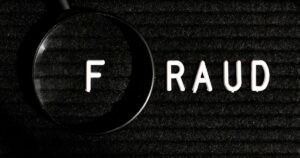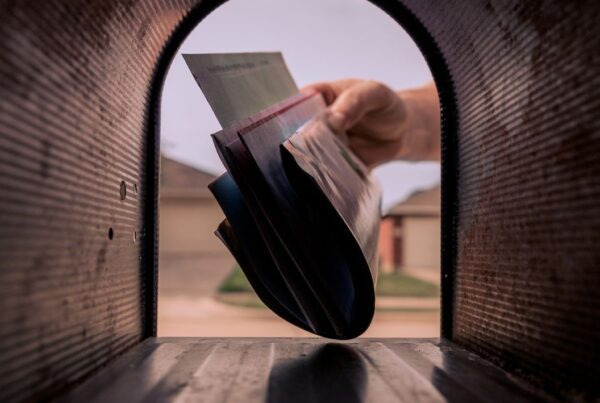 Fraud in commercial construction cases is not just a broken promise or a bad business deal. To prove fraud in court, you need to meet a particular legal standard. That can be difficult, especially in construction disputes where multiple parties, owners, contractors, subcontractors, and suppliers, are involved.
Fraud in commercial construction cases is not just a broken promise or a bad business deal. To prove fraud in court, you need to meet a particular legal standard. That can be difficult, especially in construction disputes where multiple parties, owners, contractors, subcontractors, and suppliers, are involved.
If you’re a property owner or contractor in Florida dealing with what you believe is fraud in a construction project, it’s important to understand how courts actually analyze these claims.
What Counts as Fraud in a Construction Dispute?
Fraud is more than simply failing to perform under a contract. In Florida commercial litigation, fraud occurs when:
- A party makes a false statement of material fact
- Knowing the statement is false (or making it with reckless disregard for the truth)
- With the intent that the other party rely on it
- The other party reasonably relies on that statement
- And suffers damages as a result
In construction disputes, fraud might show up in situations like:
- Contractors submitting inflated invoices for work never performed
- Misrepresentations about licensing, bonding, or insurance coverage
- Concealing defects in workmanship or materials
- Misstating financial stability to secure a contract or draw payments
How Do You Prove Fraud in Court?
When courts review a fraud claim in a commercial construction dispute, they look for evidence that goes beyond normal contract disagreements. Here’s what matters most:
- Clear Evidence of a Misrepresentation: Emails, bids, invoices, or communications showing someone made a false statement.
- Proof of Intent: Showing that the misrepresentation was intentional, not just a mistake or misunderstanding.
- Reasonable Reliance: Demonstrating that you relied on that false statement in making decisions (for example, paying money or moving forward with a project).
- Resulting Damages: Calculating the financial harm caused by the fraud, such as money paid for unperformed work or costs to fix hidden defects.
What Is the Difference Between Breach of Contract and Fraud?
Many people confuse fraud with a simple breach of contract. Courts draw a sharp line between the two.
- Breach of contract is when someone fails to do what they promised under the agreement (for example, not finishing the project on time).
- Fraud requires intentional deception that goes beyond broken promises.
This distinction is critical because fraud claims can lead to different remedies, including punitive damages, which are not available in standard breach of contract cases.
Examples of Fraud in Construction Litigation
Florida courts have seen many fraud claims tied to construction disputes. Common examples include:
- A contractor certifying that all subcontractors have been paid, when they haven’t
- A developer misrepresenting the quality of materials used to cut costs
- A company billing for labor or equipment that was never actually provided
Each of these examples involves a deliberate misrepresentation designed to secure money or other benefits.
Evidence That Strengthens a Fraud Claim
If you believe fraud has occurred in your construction project, gathering evidence is key. Courts will look for:
- Written communications (emails, text messages, signed documents)
- Payment records and invoices
- Inspection reports showing concealed defects
- Testimony from subcontractors, suppliers, or other third parties
- Expert analysis of construction defects or billing irregularities
The stronger your documentation, the better chance you have at meeting the high standard required to prove fraud.
Why Fraud Claims in Construction Are Difficult
Fraud claims in commercial construction disputes are often hard to win because courts require clear and convincing evidence, not just suspicion. Many construction disputes boil down to contract interpretation, poor management, or unexpected project delays, not fraud.
That’s why having experienced litigation attorneys is critical. Lawyers who understand both commercial litigation and construction law know how to frame evidence, distinguish fraud from contract claims, and pursue damages effectively.
What Remedies Are Available If You Prove Fraud?
If you successfully prove fraud in a construction dispute, you may be entitled to:
- Compensatory damages to cover your actual financial losses
- Punitive damages in cases of intentional or egregious fraud
- Rescission of the contract (canceling it and restoring you to your prior position)
- Equitable relief, such as injunctions, in certain situations
Have a Construction Dispute? Speak With a Construction Litigation Attorney
Fraud in construction is serious, but proving it in court requires much more than showing a bad business deal. You need a strong legal strategy, solid documentation, and experienced attorneys who know how Florida courts handle a construction dispute. At Ayala Law, we represent property owners, developers, contractors, and subcontractors in high-stakes commercial construction disputes across Florida.
If you believe you’ve been defrauded in a construction project or have a construction dispute in general, contact one of our experienced construction litigation attorneys at 305-570-2208.
You can also email our founding attorney, Eduardo A. Maura, Esq., directly at eduardo@ayalalawpa.com.
Schedule a case evaluation online here.
[The opinions in this blog are not intended to be legal advice. You should consult with an attorney about the particulars of your case].
Subscribe to Our Blog
Stay informed with our latest blog posts delivered directly to your inbox. Gain valuable legal insights, tips, and advice from our seasoned attorneys.







